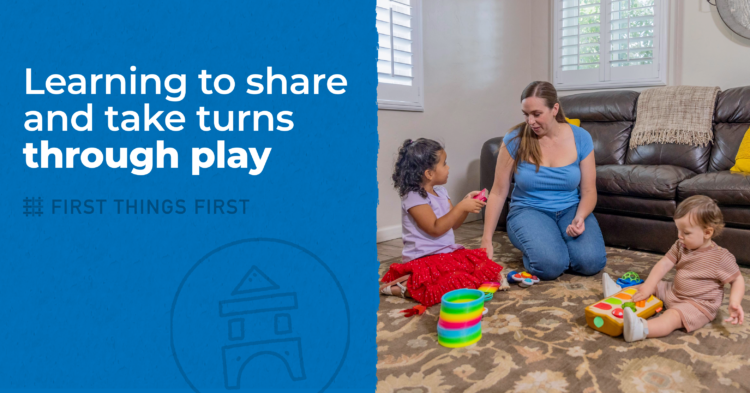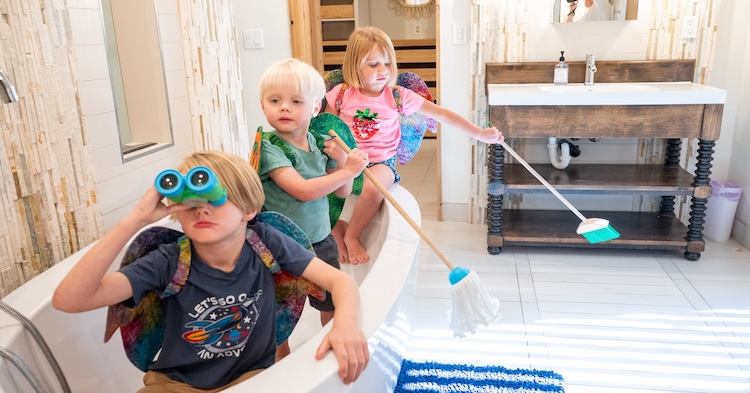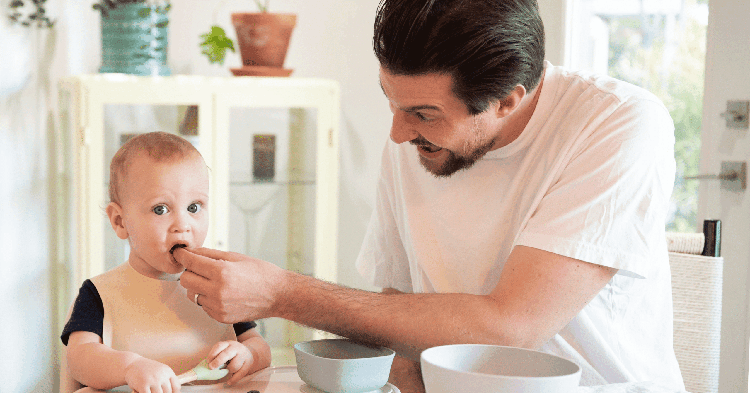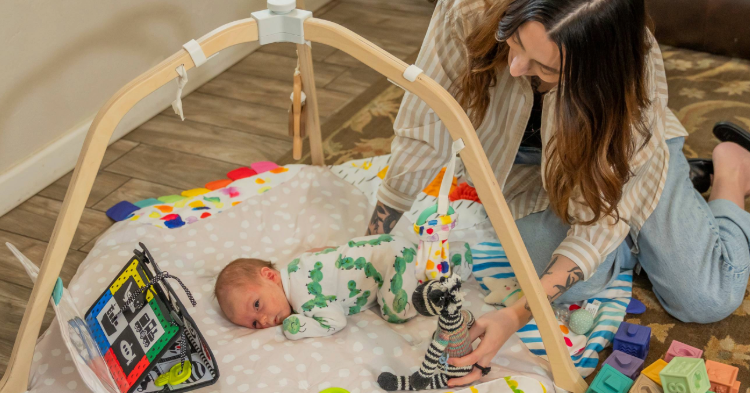
Babies are born eager to find a sense of safety and comfort from their caregivers. From that first skin-to-skin contact, your baby needs loving, caring interactions, also known as bonding.
From day one, responsive, and nurturing care helps lay the foundation for healthy childhood development. The way you bond with your newborn might look different from other parents’ experiences. Some parents gradually develop strong feelings of love over time, while others feel an instant rush of affection.
Why is Bonding Important?
Bonding plays a large role in a baby’s development and supports healthy relationships later in life. Babies who experience strong bonds with their caregivers are more likely to have better self-esteem and self-regulation skills.
“A strong bond helps your baby feel safe and valued, they are better equipped to explore the world, manage their emotions and build resilience. Children thrive when they know they can always return to a secure base—a caregiver who provides comfort, support and love.”
—Kyoko Tavassoli, FTF Programs Specialist, Children’s Health
Building Emotional and Social Foundations
Babies eventually learn to manage their own emotions with your help. You can smile at your baby as they coo or hold them when they cry. These responses provide more than just comfort–they build the foundation for your baby’s future communication abilities.
The repetitive nature of interactions with a caregiver helps your baby recognize patterns and sounds, forming the basis for language and cognitive development.
These early experiences build important brain connections that help your child develop how they learn and process information. The more you engage in stimulating interactions with your little one, the richer your bond will be.
How to Bond with a Newborn
Providing warmth and affection teaches your baby to trust and depend on you, creating a strong emotional bond. Here are a few simple ways you can make that connection:
- Cuddle and hold your baby. Try skin-to-skin contact immediately after birth and keep your baby close to help them feel safe. Newborn babies can feel and respond to your touch, which releases feel-good hormones for you and your baby both.
- Talk to your baby. Even though they can’t respond with words yet, you can help baby build the skills they will need to learn language later. Narrate your everyday activities like diaper changes or feeding time out loud. Pause to allow your baby to “respond” to you with noises or movements.
- Comfort your baby. All babies cry. Sometimes a cry can indicate a need, like a wet diaper or hunger. Other times, you can try swaddling, humming or gently rocking your baby to soothe them.
You might be interested in:
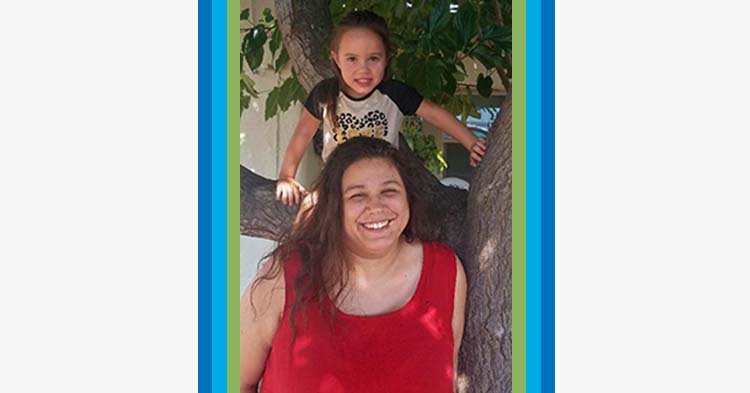
Bonding is Not Always Easy
Recovery from a complicated or traumatic birth, sleep deprivation, postpartum depression and delays in adoption placement are just a few factors that can make bonding with your newborn challenging. If bonding seems difficult, don’t feel ashamed. Learning to care for a newborn can be difficult! The good news is you’re not alone, and there are plenty of resources to help you work through this major life transition.
Bonding with your newborn is a precious and vital part of early parenting. Consistent, loving care not only strengthens your relationship with your baby but also sets the stage for their lifelong emotional health. The small, everyday moments of connection and care are the building blocks of a secure, loving bond that will support your child’s growth and development for years to come.


